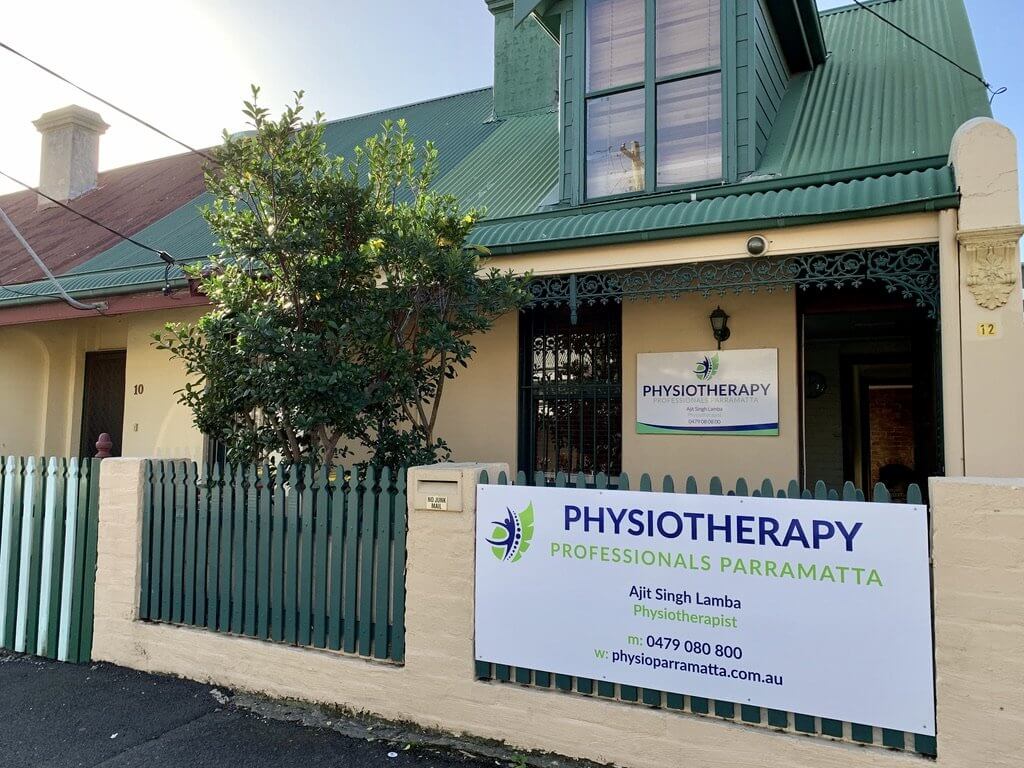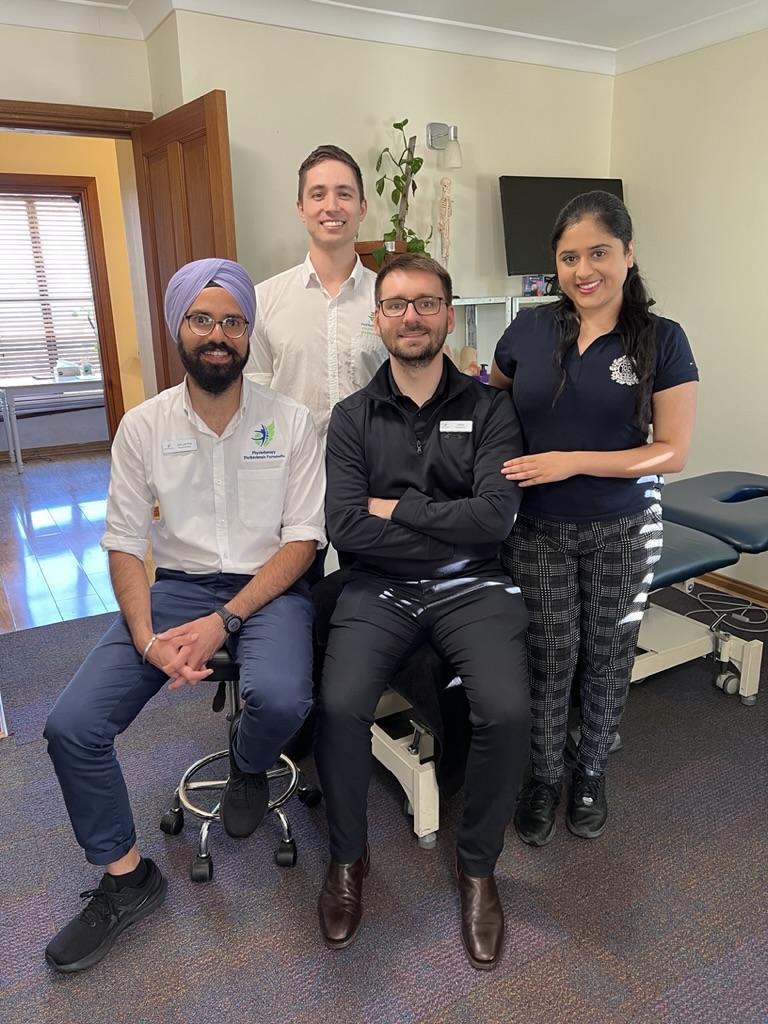Physiotherapy Treatment of Knee Osteoarthritis

Physiotherapy Treatment of Knee Osteoarthritis
Physiotherapy plays a crucial role in the management of knee osteoarthritis (OA) by providing non-invasive, conservative treatment options to reduce pain, improve function, and enhance quality of life. Here are some common physiotherapy treatments for knee OA:
- Exercise therapy: Physiotherapists will prescribe specific exercises to strengthen the muscles around the knee joint, including the quadriceps, hamstrings, and calf muscles. Strengthening these muscles helps provide better support to the knee and reduce pain.
- Range of motion exercises: To maintain or improve joint flexibility, physiotherapists may recommend gentle range of motion exercises that involve moving the knee joint through its full range of movement.
- Aerobic exercises: Low-impact activities such as walking, swimming, or cycling can help improve cardiovascular fitness and overall joint health without placing excessive stress on the knee joint.
- Manual therapy: Physiotherapists may use hands-on techniques like joint mobilization or manipulation to help reduce pain, improve joint mobility, and restore normal movement patterns.
- Taping and bracing: In some cases, taping techniques or knee braces may be recommended to provide external support and stability to the knee joint, relieve pain, and improve function.
- Assistive devices: Physiotherapists can provide guidance on the appropriate use of assistive devices like canes or walkers to help offload weight from the affected knee joint and improve mobility.
- Education and self-management strategies: Physiotherapists educate patients about knee OA, its progression, and strategies to manage symptoms. This may include advice on activity modification, joint protection techniques, posture correction, and self-care measures.
- Pain management techniques: Physiotherapists may incorporate pain management techniques such as heat or cold therapy, transcutaneous electrical nerve stimulation (TENS), or ultrasound therapy to help alleviate pain and reduce inflammation.
- Weight management: If weight loss is necessary, physiotherapists can provide guidance on appropriate exercises and lifestyle modifications to support healthy weight management, which can reduce the load on the knee joints.
- Home exercise programs: Physiotherapists often design personalized home exercise programs to ensure that patients continue their rehabilitation outside of clinic visits. Consistency with exercises is essential for long-term benefits.
Remember, the specific treatment plan will depend on the individual’s condition and needs. It’s important to consult with a qualified physiotherapist who can assess your knee OA and develop a personalized treatment approach tailored to your specific circumstances.
Contact Us:
Do you need assistance with your Physiotherapy treatment? Experienced team of Physiotherapists with essential knowledge. You can call us anytime to have a confidential discussion with our expert Physiotherapists. For more information on how we can further assist you, please call our clinic number on 0479 080 800 or send us an email on [email protected] for further details. Our Physiotherapists are Medicare, NDIS, and Work Cover approved, specialising in injury management and rehabilitation to get you back on track.

Physiotherapy After A Car Accident
